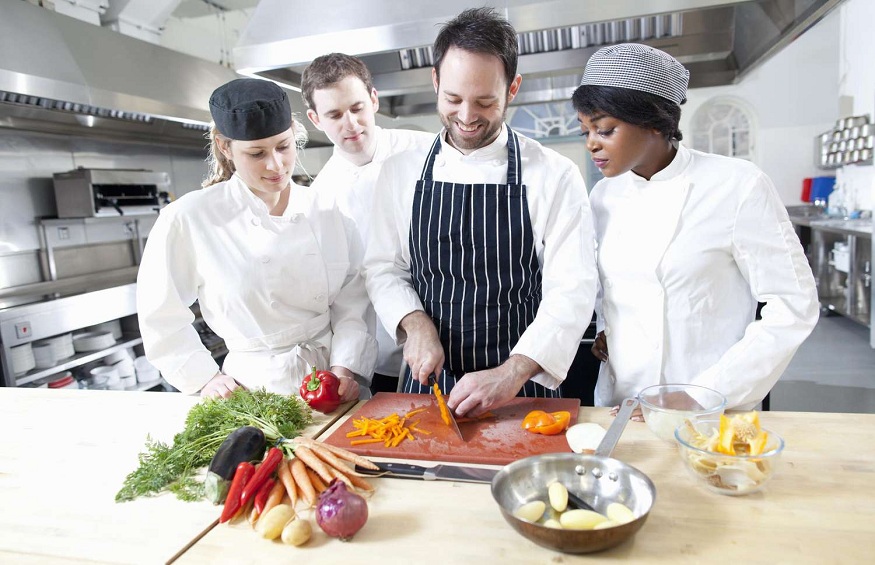If you’re interested in taking the next step in your career as a cook, food enthusiast, or educator, organising a cooking class may be the best method to share your passion for cooking while teaching others how to prepare a delectable meal.
This may appear daunting at first, but that doesn’t mean it has to be difficult. Many people always seek culinary advice, the best method to prepare a certain dish or a step-by-step guide to a brand-new recipe. If you’re considering establishing your own culinary class in Singapore, here are the best ways to make it a success.
Choosing delicious recipes.
Choosing the recipes or topic you wish to teach the “students” is an excellent location to begin when planning a cookery class. This can have a significant impact on whether or not people are interested in enrolling in your class and learning from you.
Countless delicious recipes are available, so you should thoroughly consider your selection before proceeding. It may be best to choose a collection of recipes that comprise an entire menu, such as an appetiser, main course, and dessert, or, if you wish to specialise in a particular cuisine, a collection of four to five recipes covering appetisers, a meat or fish dish, a couple of vegetable or salad dishes, and dessert. In addition, choose recipes that require practical skills, such as preparing pastry and rolling individual parcels/tarts or pastries. This provides your students with valuable practical skills and keeps everyone occupied.
Promote your course to generate interest.
A measure of the success of your cooking class is the number of people who exhibit interest and sign up to attend it. Consider creating an event page to contain your class details so that people can RSVP, purchase tickets, enroll, and learn more about the class and instructor!
This is an excellent organisational method for both instructors and students. It’s fantastic for consolidating all the details in one location, determining who will attend, and even posting on social media. In addition, the shareability of these pages is an excellent approach to generating online buzz for your course and exposing it to individuals who wouldn’t normally encounter it.
Develop expertise.
Although it may seem evident, mastering the cooking technique or recipe you intend to teach prior to the class is essential. You should be able to speak confidently about what you’re doing and why, which will also establish trust with your students.
It will increase your credibility and enable your students to broaden their horizons and learn more from you, which is ultimately what you desire.
Know your students and assist them.
Personalising your interactions with your students is an excellent method to stimulate their learning and maximise their culinary potential. Understand the assets and weaknesses of each student, if possible, so you can adapt your teaching style to suit their requirements.
This may be difficult in larger courses, but attempt to speak with each student for at least a few minutes to determine their cooking experience and what they expect to gain from the class.
These exchanges can be extremely beneficial in instructing the best possible class and providing the most useful culinary advice to those who desire it.

